Popular Electronic Money Institutions in the UK
Electronic money institutions have reshaped how UK businesses move and safeguard funds. This guide lists the leading EMIs that operate in the UK and explains what they do. We’ll cover their authorization, core products, and practical trade-offs.
Payset
Payset Limited is an authorized electronic money institution in England and Wales. It focuses on multi-currency business accounts and virtual IBANs, allowing firms to collect and pay like a local in key markets. UK clients can transfer money via Faster Payments, CHAPS, and SWIFT from a single multi-currency account, with added flexibility through virtual IBAN routing. The product is designed for straightforward cross-border collections and foreign exchange without a traditional bank relationship.
Key features:
- Multi-currency accounts to receive, hold, and exchange 30+ currencies
- Domestic virtual IBANs in select territories for local collections
- Instant exchange across numerous currency pairs and a bulk payment tooling
- Role-based access and spending controls for teams
- FCA-regulated safeguarding of client funds under FRN 900920
Pros
- Strong day-to-day tools for SMB finance teams
- Helpful team permissions and scheduled/batch payouts
- Transparent positioning on safeguarding
Cons
- The product scope is narrower than API-first platforms
- Coverage for local account details is concentrated in key territories
PayDo
PayDo serves business and personal users with dedicated multi-currency IBANs, checkout, and mass payouts in one environment. It openly targets complex sectors such as iGaming and Forex and pairs that reach with industry-specific onboarding and support. PayDo safeguards customer money by segregating 100% of client funds from its own in dedicated accounts at authorized credit institutions in the UK, EEA, and Switzerland. The balances are reconciled daily, with insolvency handled in accordance with UK safeguarding and insolvency regulations.
Key features:
- Dedicated multi-currency IBANs with access to major payment schemes
- Cards for spending, including virtual issuance
- Business accounts supporting 35+ currencies and global payments
- Merchant checkout and mass payouts for higher-risk verticals
- Operates in the UK via Ecommerce Technologies LTD, an FCA-authorized EMI with FRN 900916.
Pros
- Broad rail coverage across the UK and international networks
- One environment for accounts, cards, and merchant tools
- Positioned for high-risk sectors that need specialist onboarding
Cons
- Public information often references the corporate name rather than the brand, which can confuse diligence checks
- Independent reviews vary, so fees and limits should be confirmed for your profile
Wise
Wise Payments Limited offers multi-currency accounts and local receiving details in multiple currencies, which helps companies get paid like a local in major markets. Customers can hold and convert a wide set of currencies from one wallet. Wise safeguards customer money by keeping it separate from its own funds and holding it in a mix of cash at authorized banks and secure liquid assets such as government bonds.
Key features:
- Hold and exchange 40+ currencies with local account details in major markets
- Business debit cards with expense controls and 0.5% cashback on eligible transactions
- Integrations with accounting suites and batch payments
- FCA-authorized EMI in the UK with FRN 900507
Pros
- Very strong international receiving with local details in core currencies
- Mature card stack and accounting integrations
- High product transparency and documentation
Cons
- Some features require a one-time setup fee
- ATM withdrawals and certain card uses have tiered fees and limits
Transferra
Transferra provides UK business accounts with international reach and supports multiple rails, including Faster Payments, BACS, CHAPS, SEPA, and SWIFT. The service combines multi-currency accounts with virtual Visa cards that work with Apple Pay and Google Pay for day-to-day spend control. Transferra also relies on authorized partners for specific facilities such as vIBANs.
Key features:
- Multi-currency accounts with UK and international transfers
- Support for FPS, BACS, CHAPS, SEPA, and SWIFT
- Virtual Visa cards with Apple Pay and Google Pay support
- Dedicated account manager and simple online onboarding
- Authorized by the FCA as an EMI under FRN 942346
Pros
- Clear coverage across key UK and EU rails
- Hands-on support with a dedicated manager
- Straightforward digital onboarding
Cons
- Reliance on authorized partners for vIBAN and some services should be noted in vendor risk reviews
- Marketing claims should be validated against actual tariffs for your industry
Airwallex
Airwallex (UK) Limited combines multi-currency accounts, cards, payment acceptance, and developer-first APIs for embedded finance and programmatic account creation. Airwallex safeguards customer funds by keeping them separate from its own and holding them in designated safeguarding accounts with leading financial institutions.
Key features:
- Global and local accounts to collect funds, interbank foreign exchange, and high-speed transfers
- Multi-currency corporate cards and expense management
- Checkout, payment links, and plugins for accepting payments
- Robust APIs for connected accounts, payouts, and issuing
- FCA-authorized EMI under FRN 900876
Pros
- Deep API surface for automation and platform monetisation
End-to-end toolset from collections to spend - Clear guidance on safeguarding practices
Cons
- Enterprise breadth may exceed the needs of very small teams
- Pricing can vary based on volume and configuration, so scoping is important
MultiPass
MultiPass targets globally trading SMEs with multi-currency accounts, mass payouts, a live foreign exchange desk, virtual IBANs, API access, and business cards, as well as account manager support. The firm also operates a DFSA-regulated branch in the UAE.
Key features:
- Send, receive, and exchange in 70+ currencies with local payouts
- Virtual IBANs, batch payments, and API integration
- Business cards and dedicated account management
- Safeguarded funds and clear regulatory disclosures
- FCA-authorized EMI under FRN 900840
Pros
- Wide currency coverage for trade workflows
- Helpful mass payouts and API for operational scale
- Strong customer support posture
Cons
- Business-only focus, not suitable for personal use
- FSCS does not apply to EMIs, so clients must rely on safeguarding rules
How to Choose an EMI for you
Although we have listed the best electronic money institution list in the UK, selecting the ideal one goes beyond that. You should start with mapping payments, currencies, and off-shore capabilities. Then compare licensing, rails access, cards, APIs, onboarding, and support. Price matters, but so do speed and operational fit. Here are the criteria that you should consider when choosing an EMI:
Payment rails and local account details
Knowing your rails helps you pick the fastest and cheapest route for each payment. In the UK, Faster Payments is used for near real-time transfers while CHAPS for large same-day sterling payments. Meanwhile, BACS is used for direct debit and credit.
Local account details also cut fees and failed transfers because you get paid like a domestic business in that market. Wise provides local receiving details in 9+ currencies, while PayDo and Transferra advertise UK local rails plus SWIFT and SEPA. Airwallex and MultiPass also offer localized accounts paired with global payouts.
Currency coverage and foreign exchange rates
Match the EMI’s supported currencies to your receivables and payables. Wise supports 40+ currencies and clear foreign exchange pricing, Payset lists 30+ currencies with instant exchange pairs, and MultiPass quotes 70+ currencies for collections and payouts. Large inventory of currencies may push you toward Airwallex or MultiPass. Having the freedom to trade between currencies will provide you with flexibility in your payment and remittance options.
Cards and spend control
Cards reduce friction for procurement and travel. Wise Business offers debit cards with expense controls and published cashback, while PayDo issues virtual and physical cards. Transferra promotes virtual Visa cards and wallet support. Evaluate card fees, ATM limits, and employee controls before rollout.
APIs and automation
If you need programmatic onboarding, mass payouts, or platform accounts, prioritise API depth. Airwallex allows connected accounts, issuing, payouts, and more. MultiPass and Payset offer APIs for payments and batch operations, designed for finance automation. Wise also documents APIs for balances and multi-currency accounts.
Onboarding speed and risk appetite
Time to account and sector appetite vary widely. Providers like Transferra and PayDo market faster digital onboarding and support for higher-risk verticals, but policies differ by business profile. If you are in complex industries, expect enhanced due diligence and be ready with documentation.
Pricing and total cost
Compare account fees, transfer charges, foreign exchange margins, and card costs. Wise is transparent on fees and limits and often competitive for small to mid volumes. For enterprise volumes, Airwallex and MultiPass pricing can depend on configuration and usage. Make sure to check the EMI for a written tariff based on your usage, and purpose.
Support model and service level
If you value named contacts, look for dedicated account managers. MultiPass and Payset emphasize personalized service, which helps during onboarding and investigations. Wise and Airwallex combine large-scale support with extensive help centres and documentation. Match the model to your team.
FAQ
How do I check if an EMI is authorised?
Search the FCA Financial Services Register by firm name or Firm Reference Number (FRN) and confirm “Authorised Electronic Money Institution” status.
What is the difference between an Authorised EMI and a small EMI?
Small EMIs operate under caps, including average outstanding e-money not above €5m and monthly payments not above €3m. Authorised EMIs are not subject to those size caps.
What is the difference between an EMI and a bank?
An EMI issues e-money and provides payment services. EMIs cannot accept deposits or lend, and must protect customer funds via safeguarding. A bank takes deposits, may lend and pay interest, and eligible deposits.


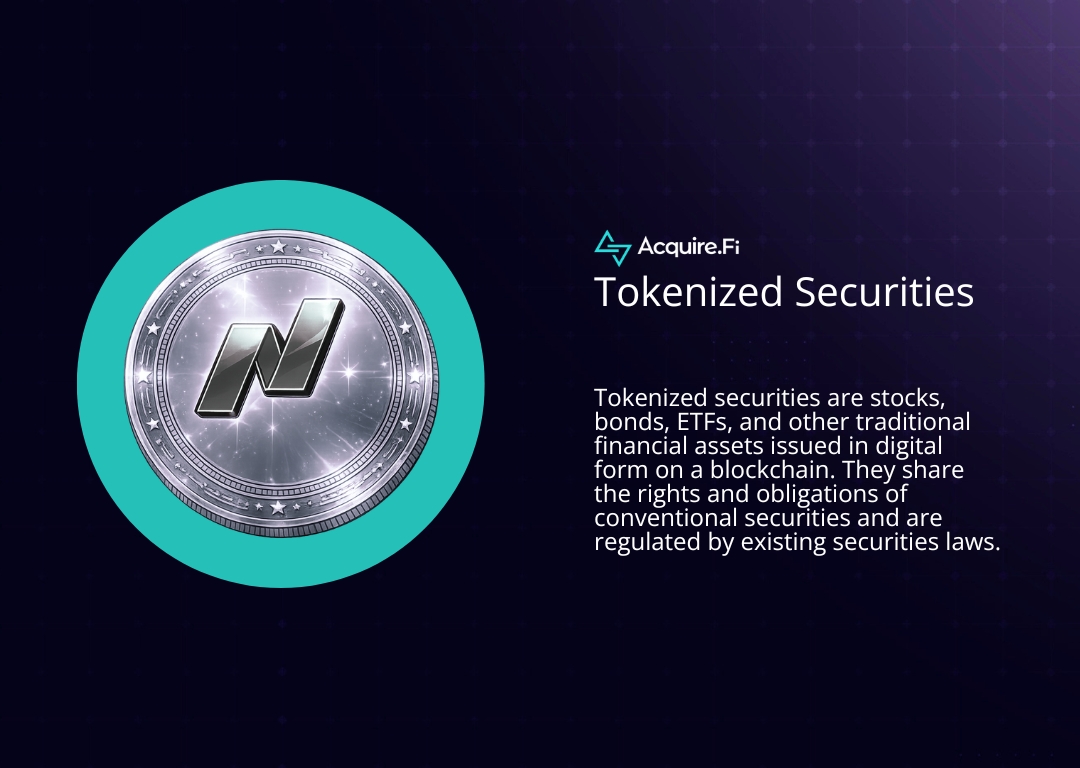
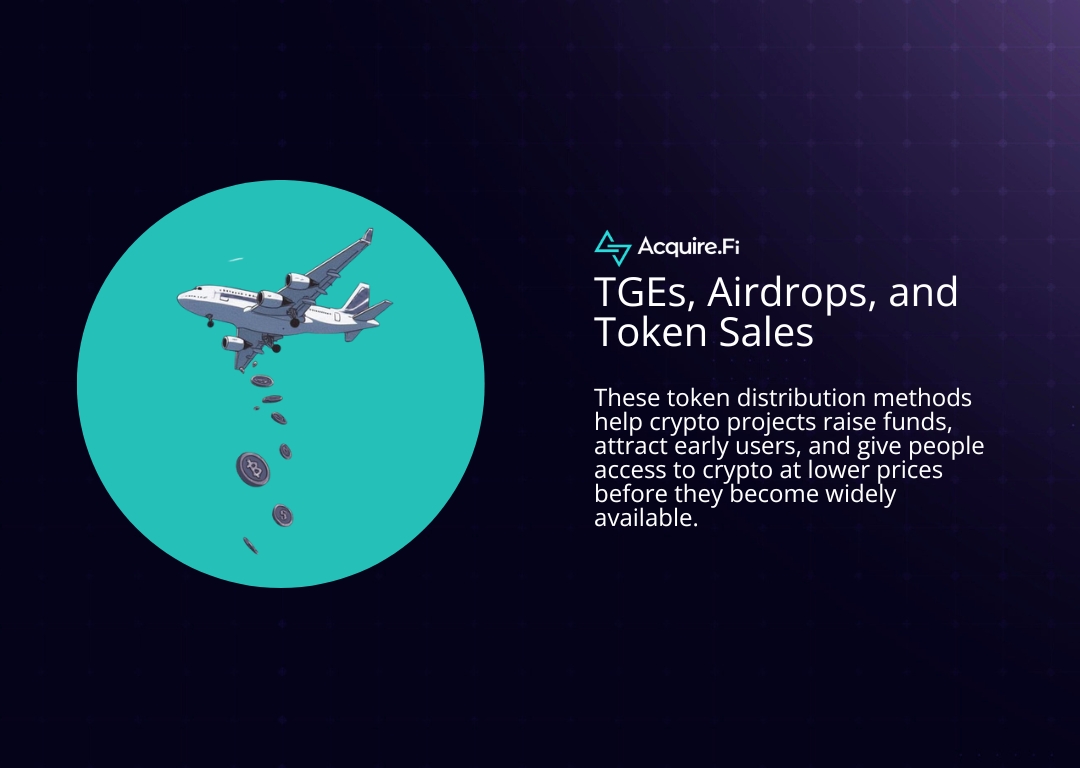
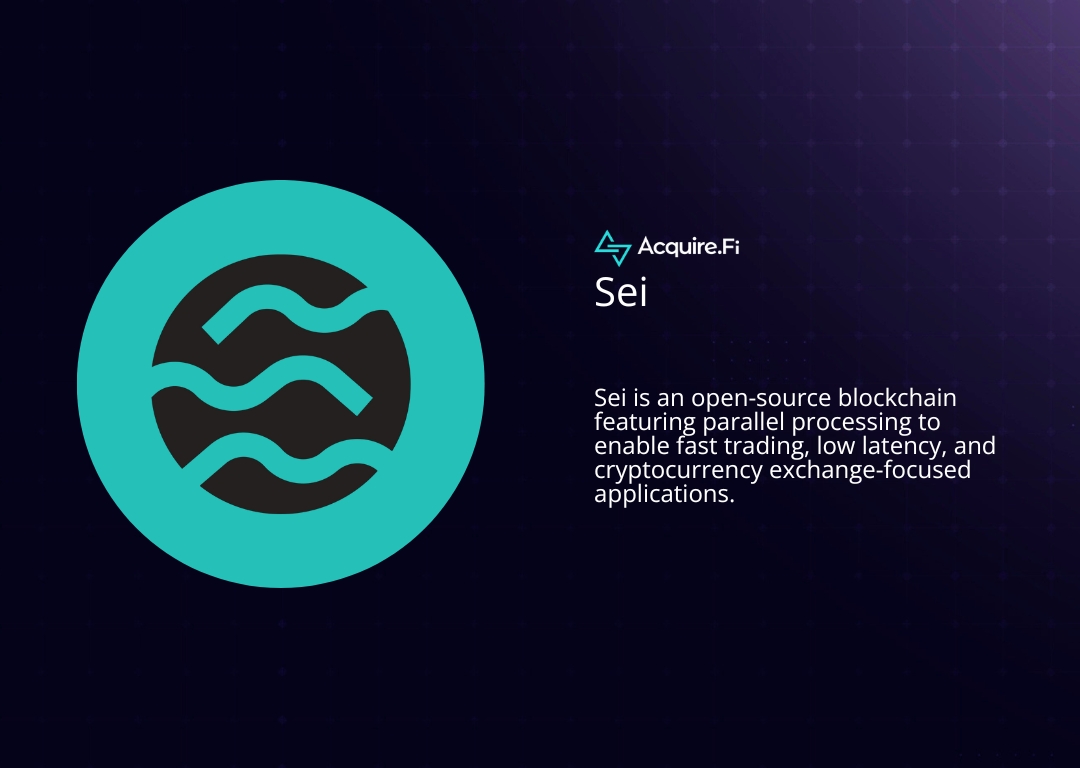
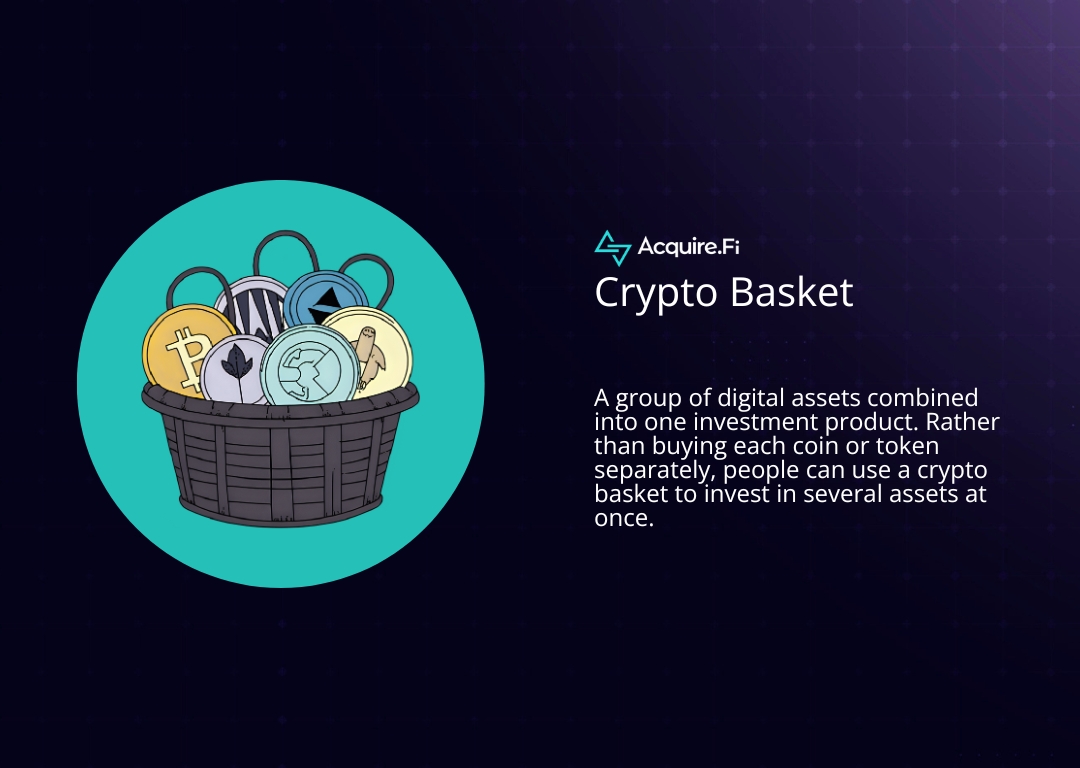
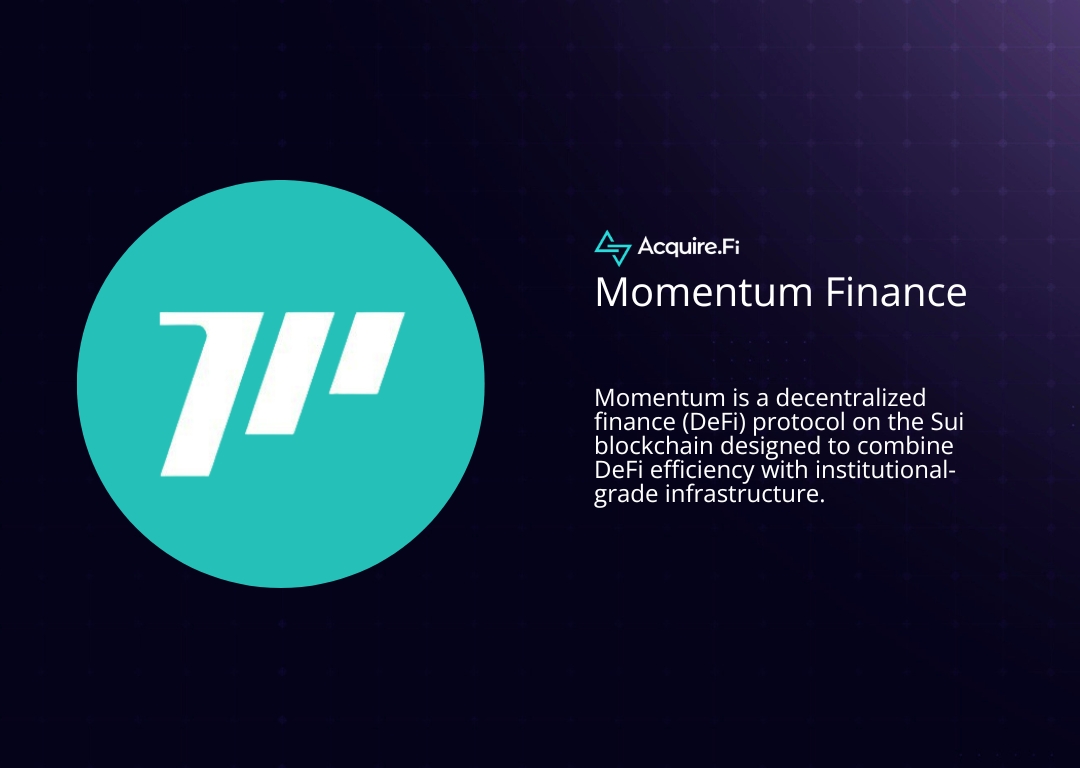






.webp)